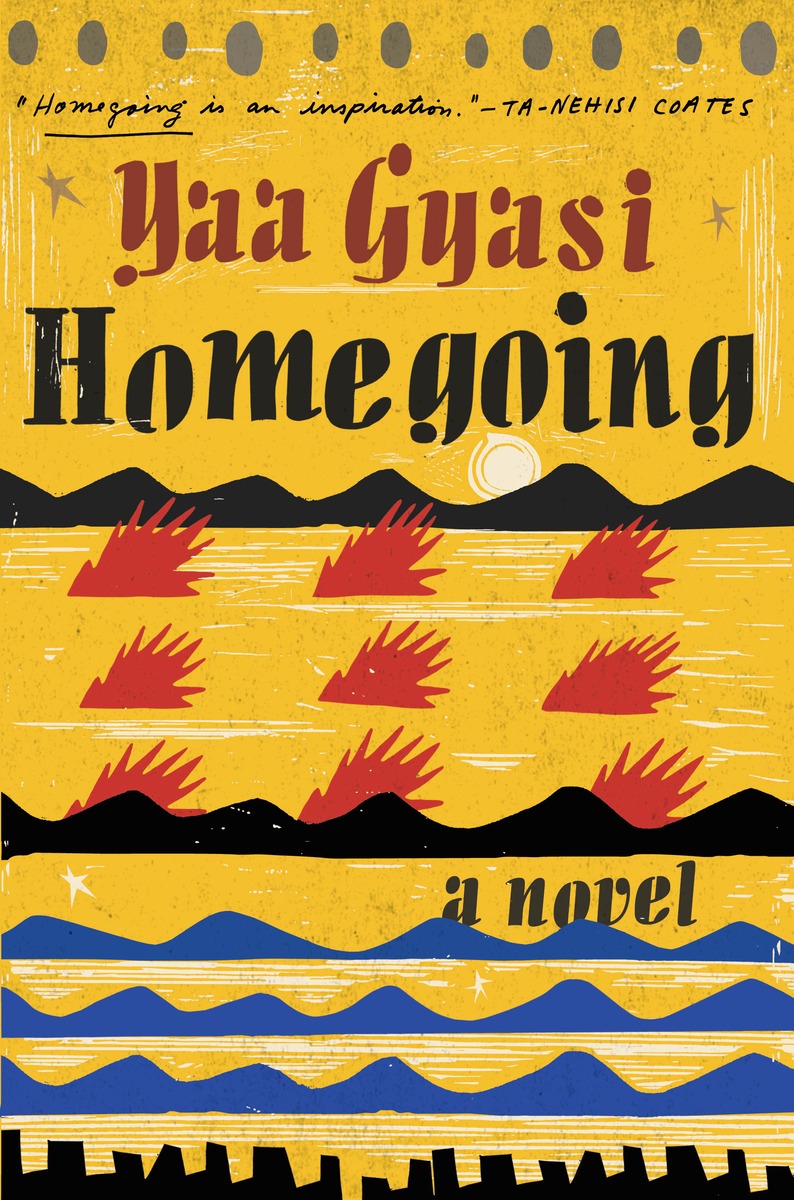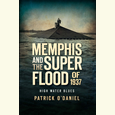Under Siege
Civil War novelist Jeff Shaara resurrects Vicksburg under Grant’s barrage
In his Civil War novels, Jeff Shaara brings to life all the noise, deprivation, exhaustion, and frustration typical of war, and his new tale of the Battle of Vicksburg is no exception. A Chain of Thunder is the second in a planned four-book series about the crucial campaigns in the “west”—west, that is, of the Appalachian mountains.
The Vicksburg campaign was certainly significant. By early 1863, Federal forces occupied Memphis and New Orleans. Vicksburg, Mississippi, was the last Confederate chokepoint on Federal communications and shipping on the river. General U. S. Grant, with command of all Federal forces in the west, had orders to open the river. But Vicksburg was heavily fortified, and repeated efforts to take it failed. After suffering heavy losses, Grant reluctantly laid siege to the town. Confederate forces and civilian inhabitants alike were trapped.
 Neither side had it easy. Poor intelligence and communication frustrated Civil War commanders more than anything. Couriers conveying orders were sometimes intercepted, and those orders were often based on faulty intelligence. The press posted biased and uninformed dispatches, and rumors proliferated. Many of Shaara’s chapters focus on the generals wrestling with conflicting demands from their military superiors, the public, and the politicians.
Neither side had it easy. Poor intelligence and communication frustrated Civil War commanders more than anything. Couriers conveying orders were sometimes intercepted, and those orders were often based on faulty intelligence. The press posted biased and uninformed dispatches, and rumors proliferated. Many of Shaara’s chapters focus on the generals wrestling with conflicting demands from their military superiors, the public, and the politicians.
The special appeal of A Chain of Thunder is the fleshing out of human relationships: “Grant looked toward Sherman, silent permission, and Sherman understood the courtesy,” Shaara writes. “Grant would not issue an order to Sherman’s own man.” His understanding of the military protocol of the day is precise, recognizing, for example, that subtle salute variations could affect the whole mood of an encounter. Shaara’s messengers always begin with, “The general offers his respects, sir.” At the bottom, too, rank makes a huge difference. No matter how close a friend is, when he is given a commission and you are not, you address him as Sir.
A Chain of Thunder provides plenty of gritty details, such as the steps for loading a musket, the eye-stinging smell of powder, how gun smoke often obscures a target, and how flesh on a damaged limb must be pushed up out of the way of the surgeon’s saw. Scholarly sources may document starving Vicksburg inhabitants eating mules, rats, and even dogs, but Shaara can put the meat on a character’s tongue. He can also create dialogue between enemy troops fraternizing during a truce to allow the Federals to bury their dead when the smell has become intolerable. Historians have painted the grisly pictures of war; as a novelist, Shaara can do it with vivid colors, smells, and sounds.
Jeff Shaara will discuss Chain of Thunder on May 26, 2013, at 3 p.m. at the East Tennessee Historical Center in Knoxville.


